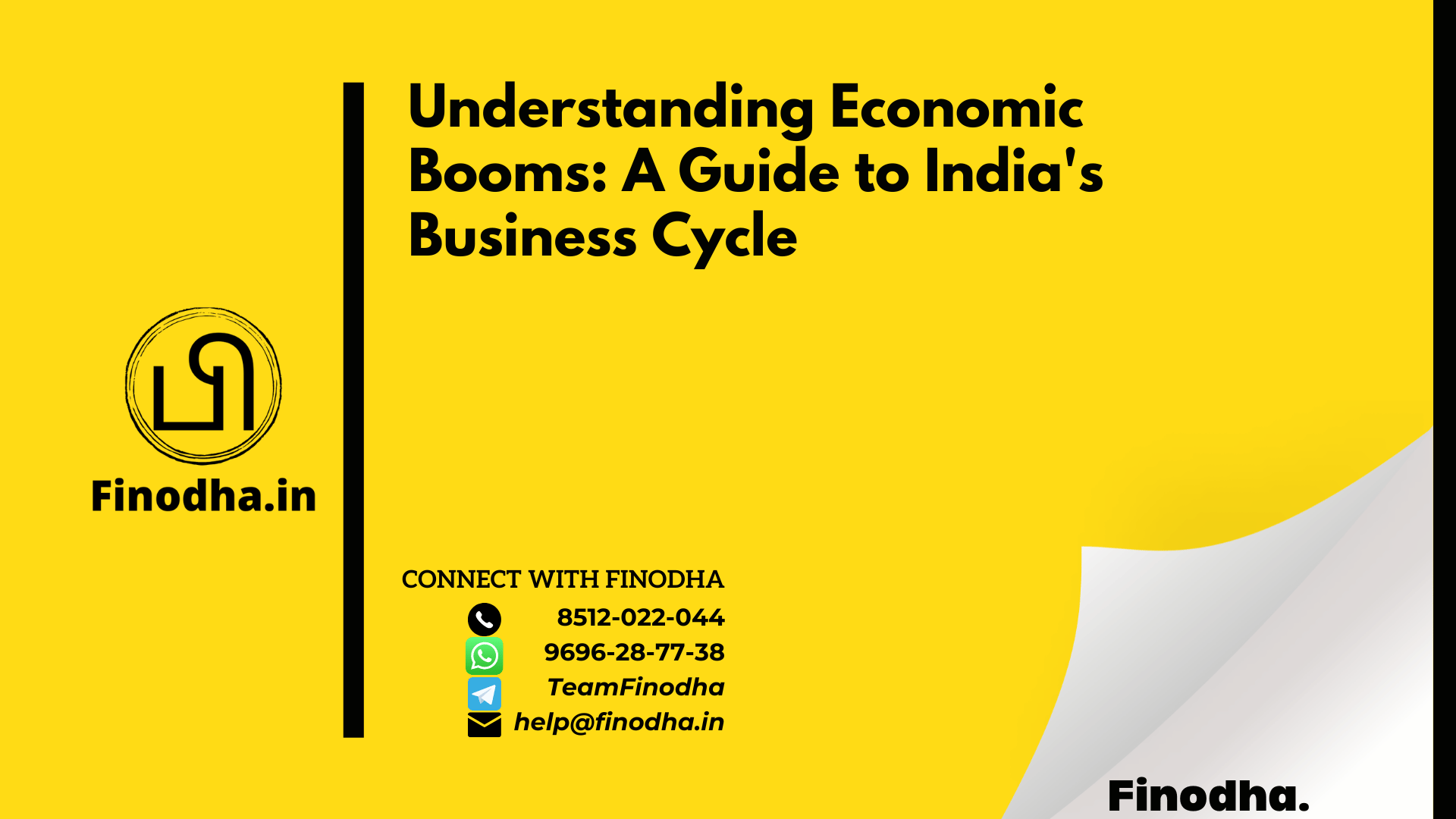Important keywords: Economic booms, Business cycle, Gross domestic product (GDP), Efficiency, Market revenues, Inflation, Stock market booms, Economic bubbles, E-commerce boom, Employment opportunities, Investments, Economic development.
Table of Contents
Introduction:
In the realm of economics, the term “boom” refers to a period of substantial growth and development in the business cycle. It signifies an upswing, characterized by various economic indicators showing positive trends. During a boom, a country experiences an increase in its gross domestic product (GDP), which measures the overall economic output. Additionally, there is a boost in efficiency, leading to greater production of goods and services by the same number of workers. This, in turn, results in increased market revenues, higher profits, and enhanced business and family incomes. However, booms also carry risks, such as high inflation, stock market fluctuations, and the potential for economic bubbles.
Sub-headings & Short Paragraphs:
- The Dynamics of Booms:
- Booms are triggered by an expansion of capital and credit, leading to rapid growth, production, and job creation.
- Inflation often accompanies booms, as demand outpaces supply, enabling firms to increase prices.
- Economic bubbles emerge when asset prices, like stocks and real estate, experience a substantial and unsustainable rise, followed by a crash.
- Stock Market Booms:
- Stock market booms occur when there is a sudden surge in stock values, resulting in high market incomes.
- An example of a celebrated stock market boom is the “dot-com bubble” of the late 1990s, fueled by the rise of Internet technology.
- Business and Market Booms:
- Business and market booms entail increased production, employment, and investments in specific sectors.
- National and citywide events, like hosting the Olympics, can trigger booms through capital spending, broadcasting agreements, sponsorship deals, and tourism.
Self-explanatory Bullets:
- Booms represent peak phases of the business cycle, characterized by rapid economic growth.
- During a boom, the gross domestic product (GDP) of a country experiences a significant increase.
- Efficiency also improves during a boom, with the same workforce producing more goods and services.
- Market revenues rise, leading to higher profits and increased business and family incomes.
- Stock market booms witness a sudden increase in stock values and generate substantial market income.
- Business and market booms result in heightened production, employment, and investments in specific sectors.
- Events like hosting the Olympics can trigger national or citywide business booms through various economic activities.
FAQs (Frequently Asked Questions):
- What causes economic booms?
- How does inflation relate to booms?
- What are economic bubbles?
- Are booms limited to the stock market?
- Can events like hosting the Olympics stimulate business booms?
Example:
In recent years, India has experienced notable economic booms in various sectors. One such example is the e-commerce industry boom. With the advent of affordable smartphones and internet connectivity, online shopping has witnessed exponential growth. This boom has led to a surge in employment opportunities, particularly for young entrepreneurs and delivery personnel. Moreover, it has generated substantial investments in logistics and warehousing infrastructure, contributing to the overall economic development of the country.
Key Takeaways:
- Booms signify periods of significant economic growth and development.
- Increased GDP, improved efficiency, and higher market revenues are common during booms.
- Booms can occur in both the stock market and specific business sectors.
- Economic bubbles and inflation are potential risks associated with booms.
- Events like the Olympics can trigger booms through various economic activities.
Conclusion:
Understanding economic booms is crucial for comprehending the cyclical nature of economies and the potential risks and benefits they bring. Booms are characterized by rapid growth, increased production, and job creation. While they offer opportunities for prosperity and development, they also carry the risk of inflation and market volatility. By recognizing the dynamics of booms, individuals, businesses, and policymakers can make informed decisions to navigate these phases effectively.
Popular Tags:
Capital gains (21) CGST (277) Chapter VI-A (15) e-Compliance Portal (21) E-Verify (20) economic growth (21) F&O Trading (29) F.No.354/117/2017-TRU (23) F. No. CBIC-20001/4/2024-GST (15) Financial planning (15) financial stability (17) GST (1424) IGST (222) Income from House Property (17) Income Heads (16) Income Source (14) Income tax (111) Income Tax Account (15) Income Tax Filing (20) Indian context (22) Indian investors (16) ITR-3 (19) ITR Form (20) P&L Statement (24) PAN (13) Risk Management (20) Salary Income (19) Section 7(1) UTGST Act 2017 (14) Section 8(1) UTGST Act 2017 (26) section 9 (18) section 10 (28) section 15 (13) section 25 (17) section 39 (24) section 49 (16) section 50 (16) section 51 (13) Section 52 (16) Section 54 (13) section 73 (20) section 74 (21) SGST (223) Speculative Income (14) Trading Income (33) UTGST (78)




